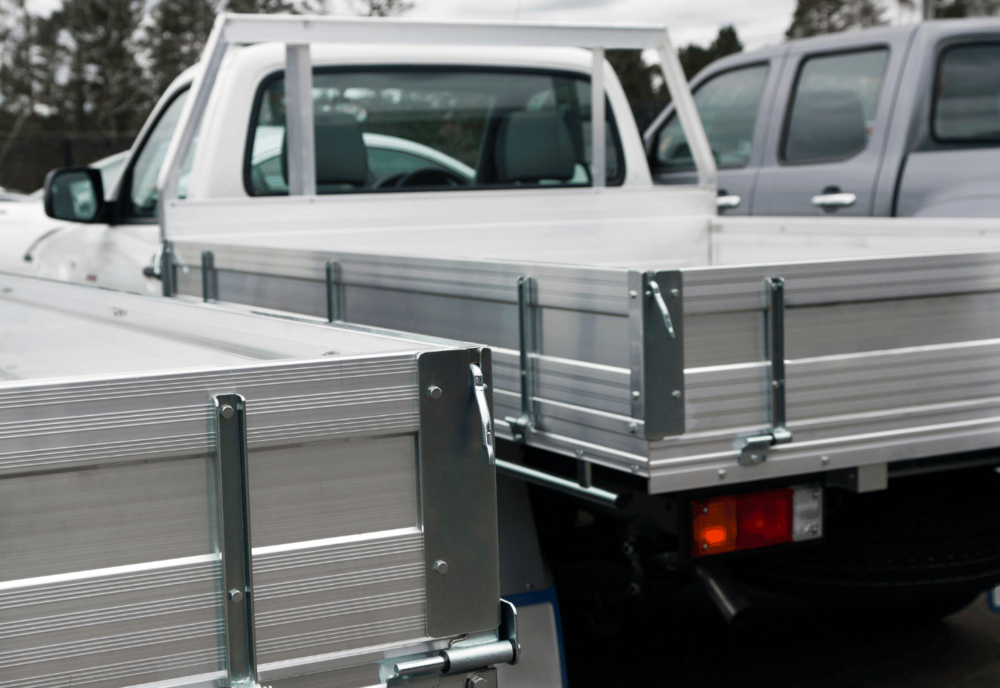Government works to dispel city vs country myth of fuel efficiency standards
Laura Williams
02 March 2024, 8:20 PM
 Member for Parkes Mark Coulton is at odds with the proposed new efficiency standards. (Australian Parliament)
Member for Parkes Mark Coulton is at odds with the proposed new efficiency standards. (Australian Parliament)Conversations around the proposed Fuel Efficiency Standards have ramped up, with Minister for Transport Catherine King saying that a lack of standard leaves Australia alone with Russia as the only countries without a similar vehicle efficiency framework.
Under the proposed standards, car manufacturers will be required to meet certain standards on grams per kilometre of fuel used across their fleet, to gradually increase the general fuel efficiency of cars in Australia.
While there is no debate about the effectiveness of this policy in urban areas, concerns have been raised about how the new requirements may impact people in rural areas.
Member for Parkes Mark Coulton said that after taking note of the large number of SUVs, 4WDs and utes around local towns, he’s concerned about the cost of necessary vehicles blowing out.
“These are the workhorses that rural, hard working people need, and this government is picking on them…to subsidise those in the inner cities to buy their electric vehicles,” Mr Coulton said.
“I’m not opposed to electric vehicles, they’ve got their place, but it’s not in the bush.”
At Question Time this week, Minister King accused the Nationals party of running a scare campaign against the standards.
“We want Australians to have a greater choice of the new vehicles they buy and pay less of their hard earned cash in fuel,” Minister King said.
“Australia has become, as we know, a dumping ground for less modern cars.”

Could the new fuel efficiency standards add even more to the cost of the average work ute?
The Australian Government expects the Fuel Efficiency Standards to bring more efficient cars to Australia, and increase the comparably small market of electric vehicles available.
“We currently stand alone with Russia as one of the last advanced economies not to have a fuel efficiency standard.”
While car manufacturers who don’t comply will be required to pay an average of $100 per gram they go over the standard - which has led to fear of costs being passed onto customers through vehicle prices - Minister for Climate Change Chris Bowen said that car manufacturers aren’t likely to need to.
“We expect, as is the case right around the world, companies to comply with the law,” Minister Bowen said.
“That’s what they do. They don’t like the bad press that comes with not meeting their fuel efficiency standards.”
When the policy was raised last year, NSW Farmers Energy Transition Working Group chair Reg Kidd said that his concern was an increasing price in diesel as a result, which cannot be avoided for most agricultural machinery.
The new standards are expected to come into effect 1 January, 2025.



